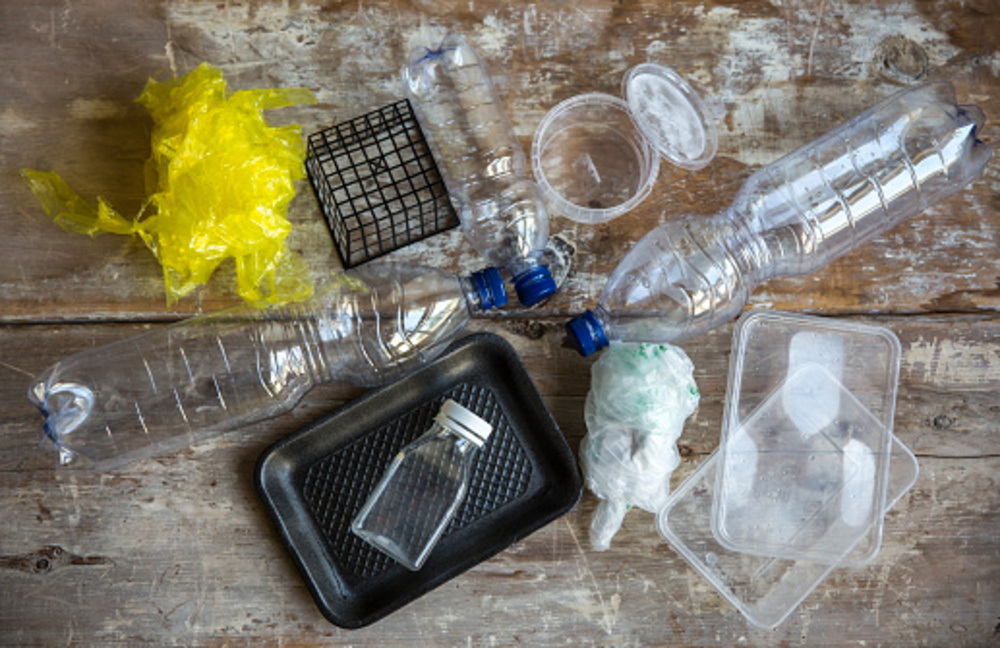A variety of single-use plastic goods, including cutlery, plates, and bowls, are subject to the newest ban in England starting in October in an effort to reduce the country’s increasing plastic pollution. The government announced these measures to the British Environment Department this Saturday.
The government held a public survey, and 95% of respondents favored the bans, according to a statement from the department.
UN: Decades of excessive single-use plastic consumption caused havoc on the ecosystem
Thérèse Coffey, secretary of the ecosystem, said that everyone is well aware of the extremely detrimental impact that plastic may have on the environment and animals. These new single-use plastics limits will allow Britain to keep up the vital work the government is doing to safeguard the environment.
The majority of plastics can stay unaltered for centuries and cause harm to the oceans, rivers, and land where millions of tons of rubbish end up dumped each year. According to the UN, decades of excessive single-use plastic consumption have wreaked havoc on the ecosystem worldwide.
Just 10% of the 2.7 billion single-use cutlery and 721 million single-use plates used in England each year undergo a recycling process, according to the government. Producers made the majority of these products of plastic.
The single-use plastic trays, balloon sticks, and several varieties of polystyrene cups and food containers will also undergo prohibition in England.
In England, it is now illegal to sell plastic straws, stirrers, and cotton buds with plastic stems.
England needs more restrictions on plastic use
The anti-plastic advocacy group A Plastic Planet applauded the most recent prohibitions but demanded more restrictions, particularly on sachets.
The next target should be the plastic sachet, which Sian Sutherland, the group’s co-founder, called “the ultimate symbol of our grab-and-go, convenience-addicted lifestyle.” She noted the usage of 855 billion sachets annually but never recycled.
Wet wipes, smoke filters, and sachets are among the other frequently littered and “problematic” plastic goods that the British government said it was also thinking about restricting usage of.
A global poll conducted last year indicated that three out of four people want single-use plastics to be outlawed as soon as feasible. Governments around the world are putting restrictions on the use of single-use plastic in varied degrees.
Ban of single-use plastic in Europe
To cut down on pollution and safeguard the environment, the European Union has put a ban on some single-use plastic products in place. Plastic cutlery, plates, straws, cotton buds, and balloon sticks are just a few examples of the things that are now illegal to sell and promote after the ban took effect on July 3, 2021. The prohibition also calls for member states to minimize their use of plastic food and drink containers and to collect 90% of single-use plastic water bottles by 2029.
The ban is part of the EU’s Plastics Strategy, which aims to make all plastic packaging on the European market recyclable or reusable by 2030. The strategy also includes measures to increase the use of recycled plastic and to reduce the number of microplastics in products such as cosmetics and detergents.
The plastic ban should have a significant impact on reducing the amount of plastic waste in the environment, particularly in oceans. EU estimated that the ban could prevent the release of 3.4 million tons of CO2 equivalent and save consumers up to €22 billion ($26 billion) by 2030.
However, it’s not clear how the ban enforcement will function. It is up to each member state to implement the ban in its own way. Also, some experts say that the ban is not enough. They suggest measures such as taxing single-use plastics and increasing recycling infrastructure.
Overall, the plastic ban in Europe is a step in the right direction toward reducing plastic pollution. But more actions need to be done to address the issue fully.

